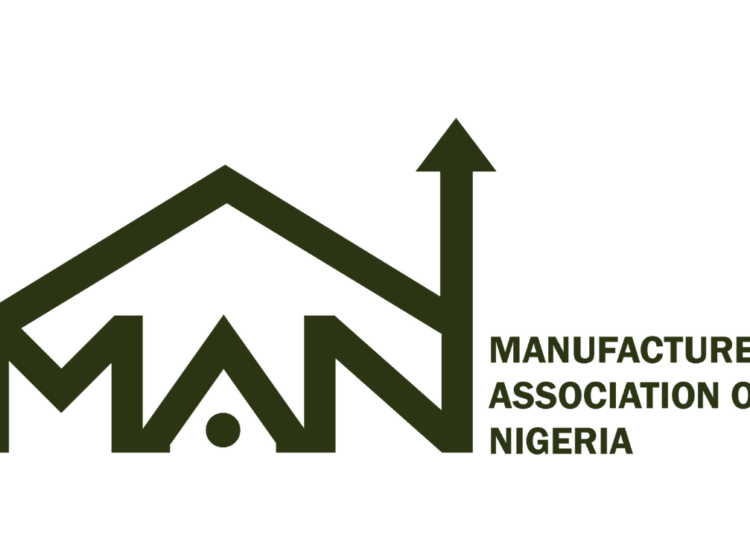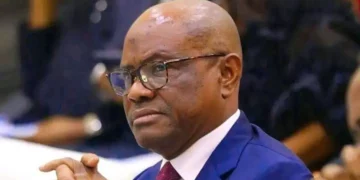Manufacturers under the auspices of the Manufacturers Association of Nigeria (MAN) have lamented the effect of Nigeria’s energy crisis on its activities, as it disclosed spending N76.7 billion to source alternative power from July to December, 2022.
The sector was negatively affected as the electricity industry wobbled following the inability of Electricity Distribution Companies (DisCos) to sustain steady supply.
MAN, in its latest report obtained by our correspondent, indicated that electricity supply to the industries from the national grid during the second half of year 2022 declined marginally to 11 hours per day from 12 hours recorded in the preceding half.
However, the average number of outages per day stabilised at four times in the second half of 2022, the same as in the first half of the year.
Irrefutably, the trends show that power supply to the industry is still a huge challenge which accounts for huge investment of manufacturers in self-energy generation.
Consequently, expenditure of alternative energy source increased to N76.7 billion in the second half of 2022 from N45.04 billion recorded in the corresponding half of 2021; thus, indicating N31.66 billion or 70 per cent increase over the period, the director general of MAN, Mr Segun Ajayi-Kadir, disclosed.
It also increased by N8.9 billion, or 13 per cent, when compared with N67.8 billion recorded in the preceding half. The expenditure was incurred on procurement of diesel, gas, generators and spare parts, inverters and UPS, among others.
Proffering a solution, Ajayi-Kadir called on the government to develop and implement a roadmap for improved power supply focusing on off-grid solutions and independent power projects by the private sector to ensure adequate supply of energy for production and also attract and expand investment.
In addition, the government should carry out further investment in the electricity value chain and commit to adding 10,000MW to the current electricity distributed in the country, while also embracing and supporting significant development of energy mix and renewable energy as the country has huge potential for solar and wind.
The MAN boss also recommended the resuscitation of the existing national refineries to produce fuels locally, review the gas price for domestic consumption to be in tandem with the export price which is about $3.25 per cubic meter and promote energy efficiency and renewable energy deployment in industries and homes.
He said it would be valuable to incentivize more investment in gas aggregation to end gas flaring and optimize crude oil production based on OPEC quota and gas production to ramp up revenue now that hydrocarbons are still saleable.
The government, according to the DG, should review the current status of the four national refineries to determine their current state and commission the CHIYODA Group, the Japanese company that built the national refineries, to rehabilitate them to resume domestic refining.
In addition, he said, it is important to review the Nigerian energy policy and ensure that available energy sources, particularly natural gas, is optimally explored and exploited, creating a functional incentive to attract private sector investment in gas aggregation to end the current gas flaring.
Ajayi-Kadir further stated need to create incentive to resuscitate private sector investment in the petrochemical industry, improve the capital expenditure on the energy sector for greater public investment in energy development.
We’ve got the edge. Get real-time reports, breaking scoops, and exclusive angles delivered straight to your phone. Don’t settle for stale news. Join LEADERSHIP NEWS on WhatsApp for 24/7 updates →
Join Our WhatsApp Channel










